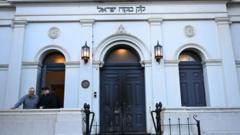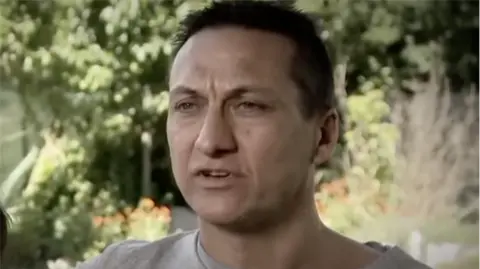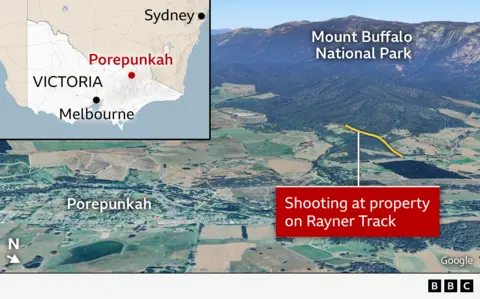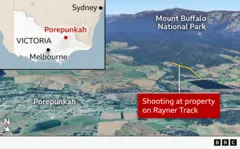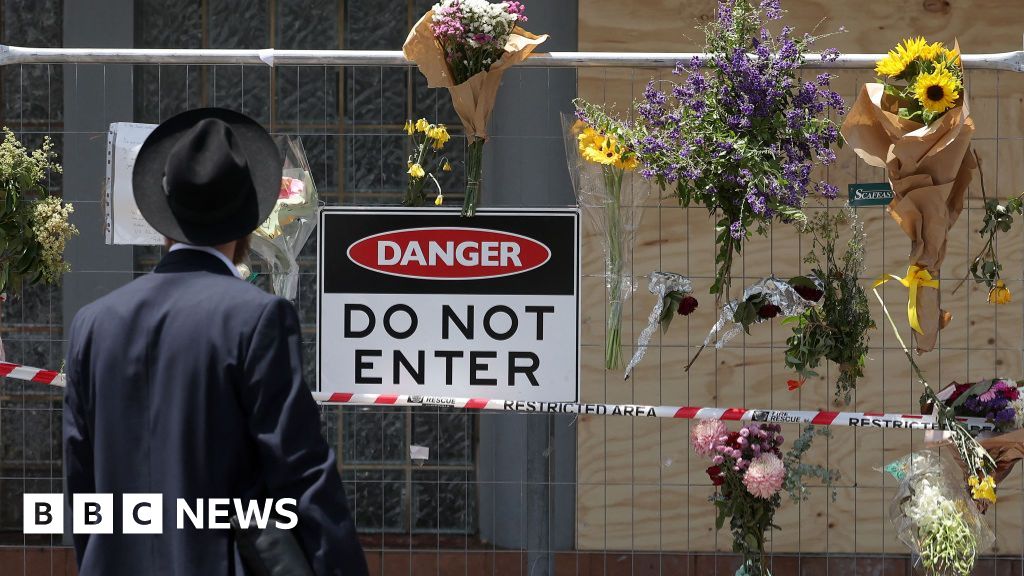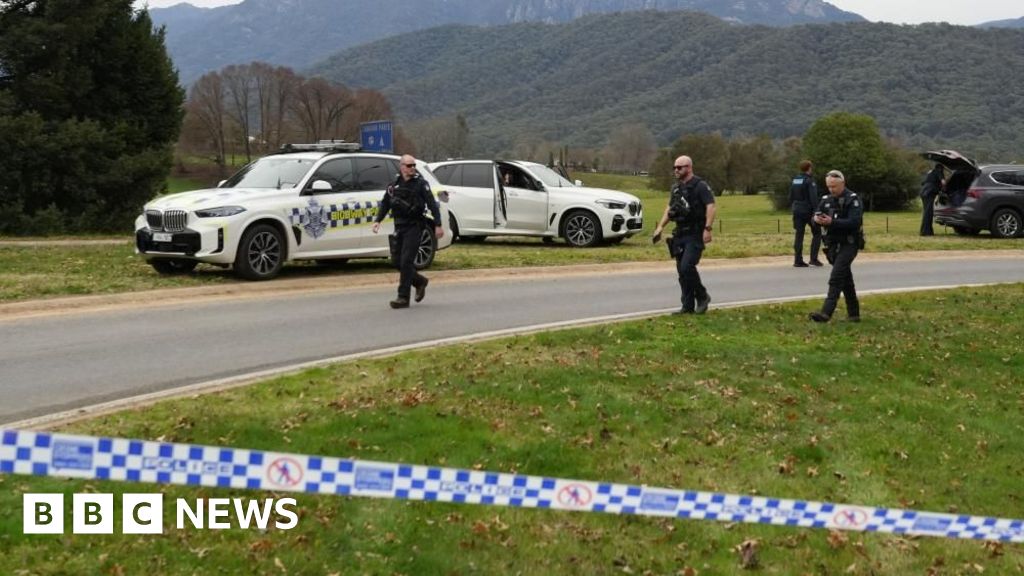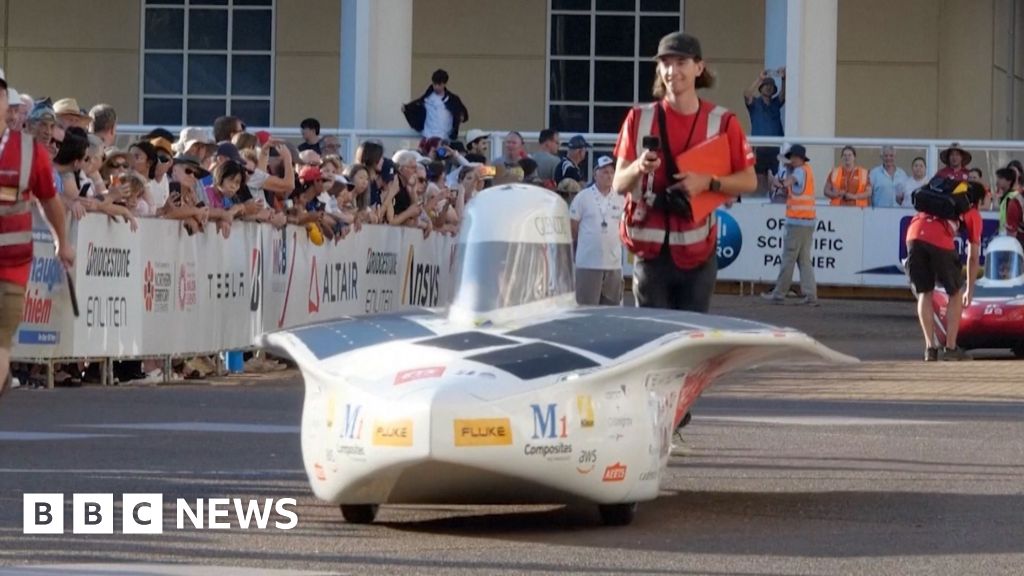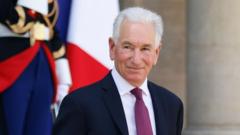Australia's Prime Minister Anthony Albanese has pledged decisive action in response to an arson attack on a synagogue in Melbourne, which occurred during a dinner attended by approximately 20 individuals. The police are investigating the incident, where a suspect reportedly poured flammable liquid on the synagogue's entrance before igniting it. Luckily, all individuals inside were safely evacuated without injuries. Authorities are exploring potential connections between this incident and a simultaneous disturbance at a Jewish-owned restaurant, Miznon, where rioters vandalized the premises while shouting anti-Israeli slogans.
The rise of antisemitism in Australia has drawn significant attention in recent months, particularly in light of the ongoing Israel-Hamas conflict. In response to these concerning trends, the Australian government has implemented stricter laws against hate crimes and appointed a special envoy dedicated to battling antisemitism. Prime Minister Albanese reiterated on Friday, "Antisemitism has no place in Australia," emphasizing a zero-tolerance stance toward such acts of hate, which he described as "shocking." He assured that those responsible for these offenses would be held accountable under the law, with governmental support aimed at combating these issues.
Tensions have surged, with protests emerging from both Jewish and Muslim communities across Australia, reflecting the polarizing nature of the broader Middle East conflict. The fallout from the violence in Gaza has raised concerns among various segments of society, as evidenced by a statement from Alex Ryvchin, co-chief executive of the Executive Council of Australian Jewry, labeling the recent attacks as part of a "severe escalation directed towards our community."
Furthermore, Israel's Foreign Minister Gideon Saar has put forth a call for the Australian government to take further action against "this toxic disease" of antisemitism. While the Israeli military's campaign in Gaza follows a deadly attack on October 7, which resulted in a significant death toll, the ramifications of this conflict continue to resonate within Australian borders, presenting a complex challenge for policymakers and communities committed to fostering inclusivity and safety.

